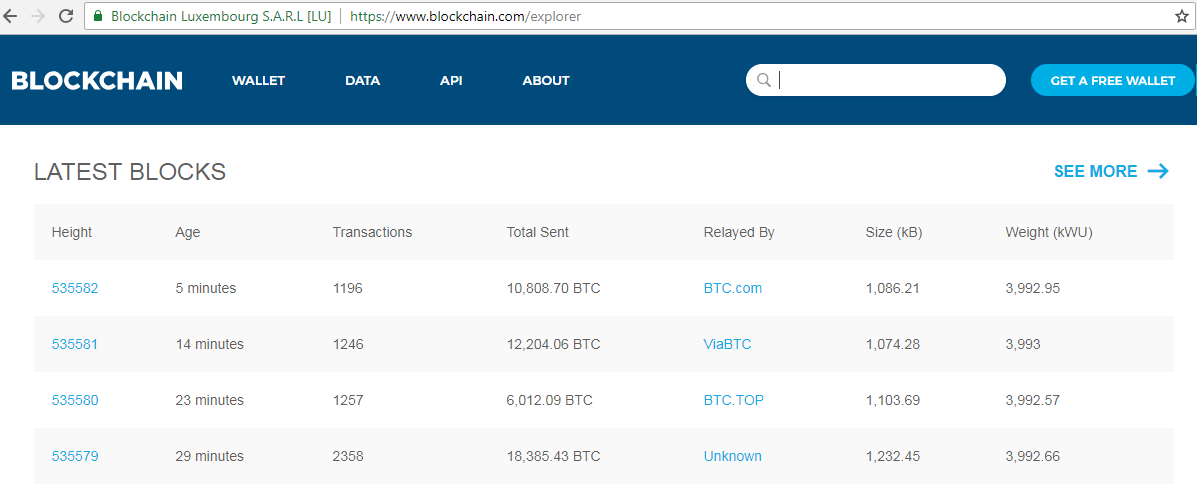In this section, we will explore the following topics:
- Bitcoin
- The uses of bitcoin
- Blockchains
- Attributes of bitcoin and blockchain
 Sign In
Start Free Trial
Sign In
Start Free Trial
In this section, we will explore the following topics:
Bitcoin is a digital currency. This means that it exists only as an electronic record, and, unlike physical currency, you cannot hold it in your hand. You can send and receive money using bitcoin (just as you can with other methods), as well as pay for things and services with bitcoin. Bitcoin is interchangeable with traditional money.
There are exchanges where you can buy and sell bitcoin. There are many other digital currencies, but bitcoin is the first and the most popular. Bitcoin uses peer-to-peer technology to operate, with no central authority or banks managing transactions, and the issuing of bitcoin is carried out collectively by the network.
Bitcoin is open source—its design is public; nobody owns or controls bitcoin, and everybody can use it. Bitcoin is digital and decentralized. For the first time in history, people can exchange value without intermediaries, which translates to greater control of funds and lower fees.
It's a cryptocurrency, which means it's secured by design.
There are a lot of advantages to using bitcoin. Some of them are as follows:
In simple terms, a blockchain is a digital ledger. It's a public record of bitcoin transactions arranged in chronological order. It is a permissionless, distributed database based on the bitcoin protocol that maintains a continuously growing list of transactional data records. It is distributed so that each participant has the copy of the whole blockchain. The blockchain is shared between all bitcoin users.
It is used to verify the permanence of bitcoin transactions and to prevent double spending. It is secure and immutable, and it's also hardened against tampering and revision, even by operators of the data store's nodes.
Each blockchain record is enforced cryptographically, and hosts run machines working as data store nodes. A blockchain is made up of blocks. A block is a record in the blockchain that contains and confirms many waiting transactions, as shown at https://www.blockchain.com/explorer:

Roughly every ten minutes, a new block containing transactions is appended to the blockchain through mining. It is a file called the bitcoin blockchain sitting on thousands of computers across the world, perhaps even on your own PC at home. The file contains data about all bitcoin transactions—that is, the payment of bitcoins from one account to another—that have ever happened.
This is often called a ledger, and is similar to a bank ledger, which keeps a record of payments.
Both bitcoin and blockchains have the following similar attributes:
Change the font size
Change margin width
Change background colour